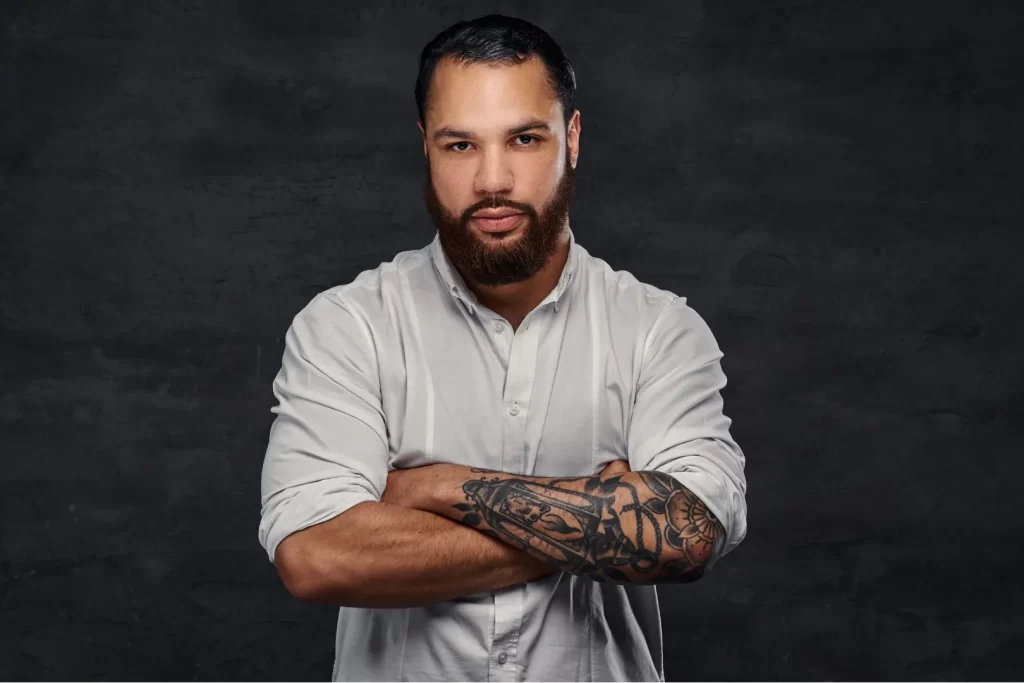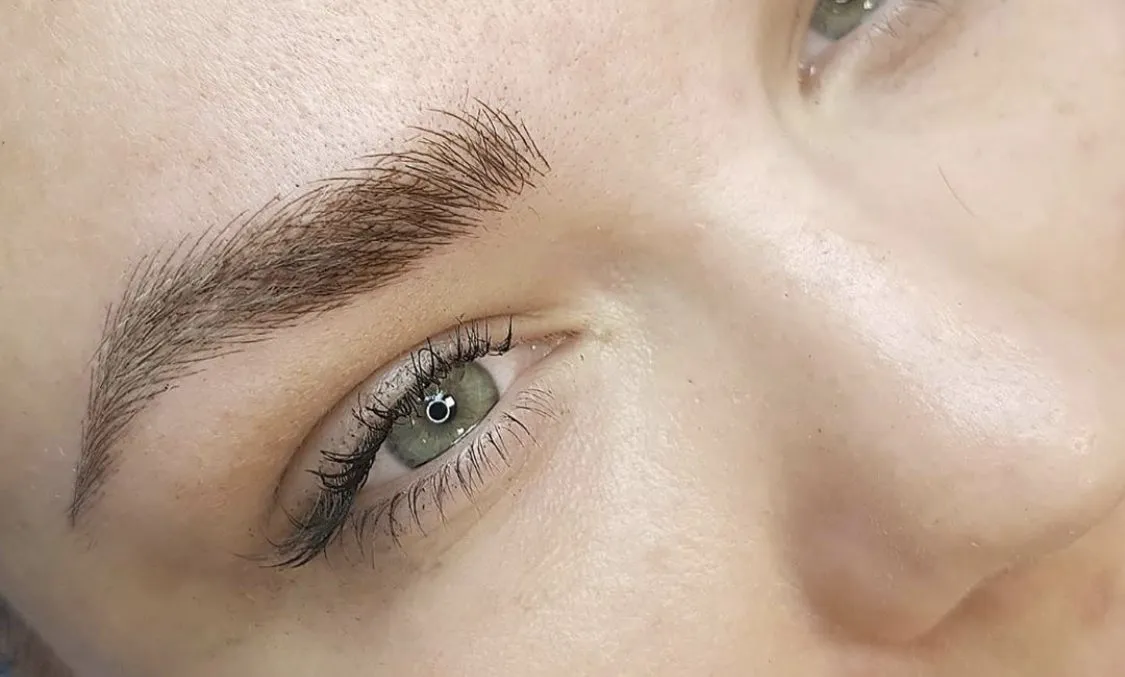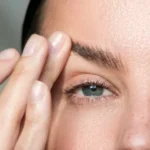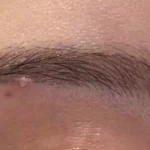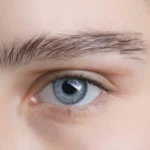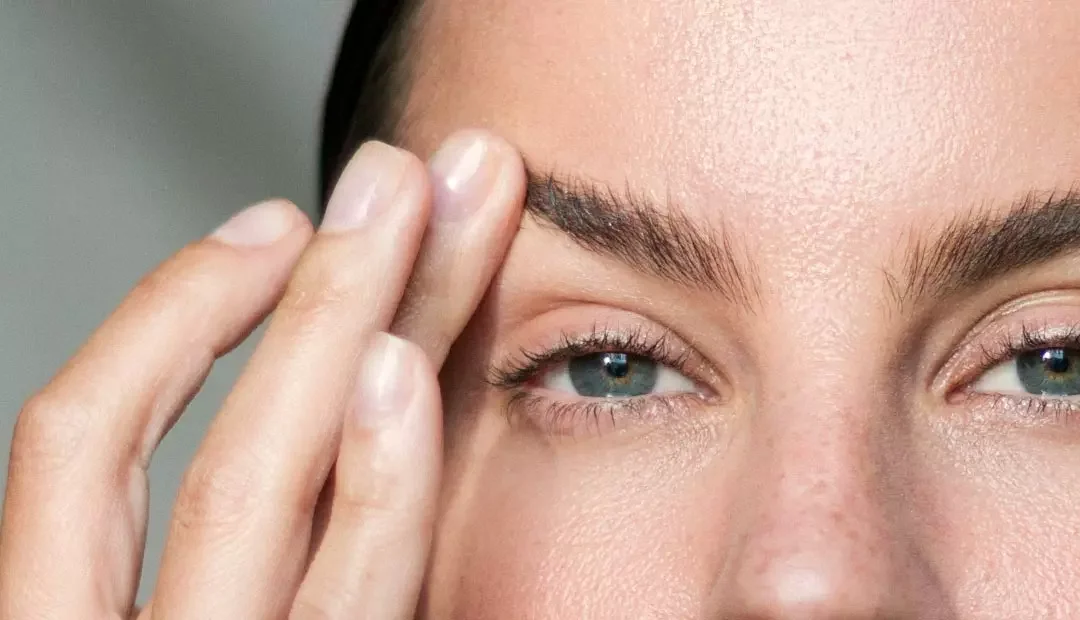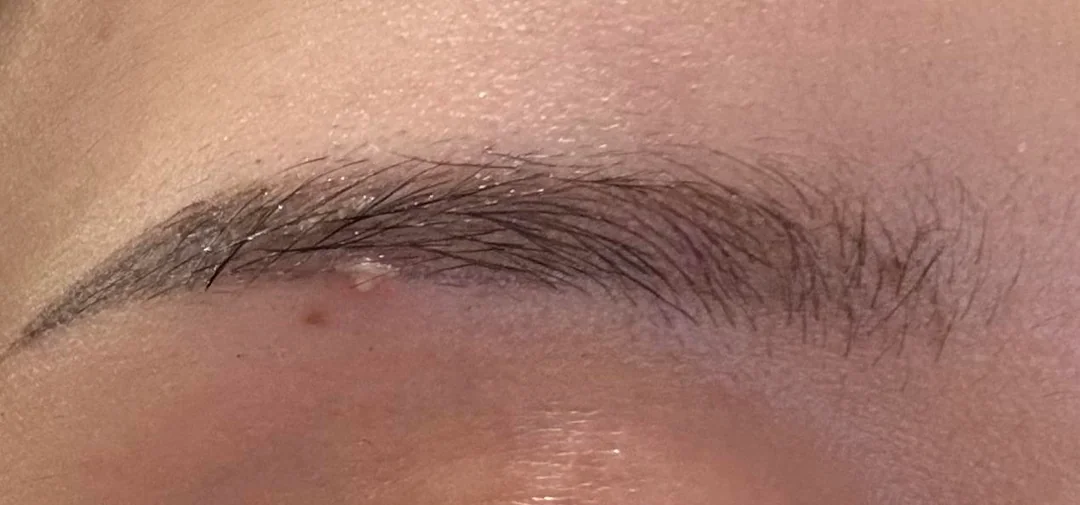Table of Contents
ToggleAt Kopelman Hair, we specialize in afro beard transplant procedures that respect the unique curl pattern and density of African American facial hair.
Whether you’re seeking beard growth for Black man or full beard transplant solutions, we offer personalized treatments tailored to your facial structure and hair type.
Why Consider a Beard Transplant?
Can African Americans Grow Beards?
Many African American men can naturally grow full beards, but genetics, hormones, and lifestyle factors can impact hair growth. While some develop thick facial hair, others experience patchiness or sparse growth. The unique structure of African American hair, which is curly and tightly coiled, can make achieving an even, well-defined beard challenging.
Patients searching for “beard transplant black man” solutions often want to improve density and symmetry.
Beard Transplant for Black Men: What You Should Know
A hair transplant for Black males requires special consideration of skin type, curl pattern, and growth direction. Our approach ensures the results match the natural appearance of your beard and face.
At Kopelman Hair, we specialize in techniques tailored to Afro-textured hair, ensuring natural-looking results.
Causes of Patchy Beard Growth in Black Men
Patchy beard growth among black men can result from several factors, including:
- Genetics: Some men naturally have weaker hair growth in the beard area.
- Traction Alopecia: Repeated pulling or styling can lead to permanent hair loss in the beard region.
- Hormonal Imbalances: Lower testosterone levels may lead to slower facial hair growth.
- Scarring or Skin Conditions: Previous injuries or conditions like folliculitis can prevent uniform hair distribution.
Benefits of an African Beard Transplant
A beard transplant for African American patients offers numerous advantages:
- Suitable for men seeking a full beard transplant due to patchy growth or uneven density, improving symmetry and fullness.
- Uses natural hair follicles to create a seamless blend with existing hair.
- Provides long-term results with minimal maintenance.
- Boosts confidence by enhancing facial features and masculinity.
- Improves beard growth for Black men using permanent follicle-based solutions.
How African American Hair Affects Transplant Success
Unique Hair Follicle Structure & Growth
African American hair has a distinctive curly growth pattern, both above and below the skin. This natural curliness makes hair transplantation more complex, requiring specialized expertise. The hair follicle structure must be carefully extracted and implanted to ensure proper orientation and prevent ingrown hairs.
Does Hair Transplant Work for African American Hair?
Yes, hair transplants for African American men are highly effective when performed by a specialist. The key is to use advanced extraction techniques like follicular unit extraction (FUE) to preserve the natural curl and prevent damage. Properly implanted hair follicles continue to grow naturally, blending seamlessly with the existing beard.
African American Hair Implants vs. Traditional Methods
Traditional hair transplant procedures were not always well-suited for African American patients due to the risk of scarring and poor follicle survival. However, modern African American hair restoration techniques, such as FUE and direct hair implantation (DHI), have improved results significantly. Unlike older strip methods, FUE and DHI ensure minimal scarring and faster recovery.
Best Techniques for African American Beard Transplants
FUE vs. DHI – Which Works Best?
Both FUE and DHI are effective techniques, but their suitability depends on the individual patient:
- FUE (Follicular Unit Extraction): Involves extracting individual hair follicles from a donor area and implanting them into the beard.
- DHI (Direct Hair Implantation): Similar to FUE, DHI differs in using a special implanter pen to insert follicles directly, offering precise control over angle and depth.
Choosing the Right Donor Area for Black Hair
For African Americans, the donor area is typically the back of the scalp, where hair is densest. This ensures a natural match in hair type and texture. Proper donor selection is crucial to maintaining a uniform appearance between the transplanted and existing beard hair.
Recovery & Aftercare for African American Hair Replacement
After a beard transplant, patients must follow a strict aftercare routine to ensure proper healing and optimal results:
- Avoid touching or scratching the transplanted area.
- Keep the area clean and free from irritation.
- Follow prescribed medications to prevent infections.
- Expect initial shedding before new hair growth begins.
Cost & Expected Results
How Much Does a 2000 Graft Beard Transplant Cost?
The cost of a 2000 graft beard transplant varies based on location, surgeon expertise, and procedure type.
African American hair procedures often involve greater technical skill, particularly when combining beard restoration with African American hairline restoration for a cohesive, natural look.
On average, a beard transplant cost USA ranges between $7,000 to $12,000. Factors influencing cost include:
- The number of grafts required.
- The technique used (FUE vs. DHI).
- The clinic’s reputation and surgeon’s experience.
Hair Transplant Cost for Black Men
Compared to traditional hair transplants, African American hair transplantation may be slightly more expensive due to the additional expertise needed to handle curly follicles. Patients should prioritize quality over cost to ensure natural-looking hair restoration and lasting results.
African American Beard Transplant Results: Before & After
Most African American patients see significant improvements in hair growth within three to six months post-transplant. The full results become visible within 12 to 18 months, showcasing a well-defined, thicker beard. Real before-and-after photos from previous patients provide a clear expectation of achievable outcomes.


Choosing the Right Surgeon & Clinic
Best African American Hair Transplant Surgeons
Selecting a surgeon with expertise in transplants for African American patients is essential for success. Dr. Kopelman, a board-certified doctor and recognized expert in hair restoration, specializes in tailored solutions for African American men. His approach ensures natural-looking results while preserving the integrity of each hair follicle. Schedule a consultation today.
How to Find a Specialist You Can Trust
When searching for the right specialist, consider the following:
- Experience with African American hair transplants.
- Proven results through before-and-after cases.
- Advanced FUE and DHI techniques.
Frequently Asked Questions About Beard Hair Transplants
How to Grow a Beard as an African American?
For those not ready for a transplant, natural beard growth can be stimulated by:
- Maintaining a healthy diet rich in proteins and vitamins.
- Using beard oils and moisturizers to reduce breakage.
- Practicing proper skincare to support follicle health.
- Addressing underlying hormonal imbalances that may slow growth.
- Applying Minoxidil to enhance follicle stimulation and promote beard growth.
Beard Transplant for Black Males – Is It Worth It?
For black men struggling with uneven beard growth, a transplant offers a permanent, natural solution. Unlike temporary fixes like hair fibers or topical treatments, a beard transplant provides long-lasting results with minimal maintenance. With Dr. Kopelman’s expertise, patients can achieve a fuller, well-defined beard that complements their facial structure.
Does Beard Hair Blend with Scalp Hair?
Beard hair has a coarser texture than scalp hair, which can make blending challenging. It is best suited for areas like the crown or mid-scalp, where the texture difference is less noticeable.
Strategic placement ensures the final result looks cohesive and natural.
What Are the Risks of Beard Hair Transplants?
Potential risks include mild swelling, redness, or discomfort in donor and recipient areas. Rarely, graft failure or infection may occur, but these risks are minimized with proper care and experienced surgeons.
Following post-surgery guidelines and choosing skilled hair transplant surgeons ensures a safe and successful procedure.


